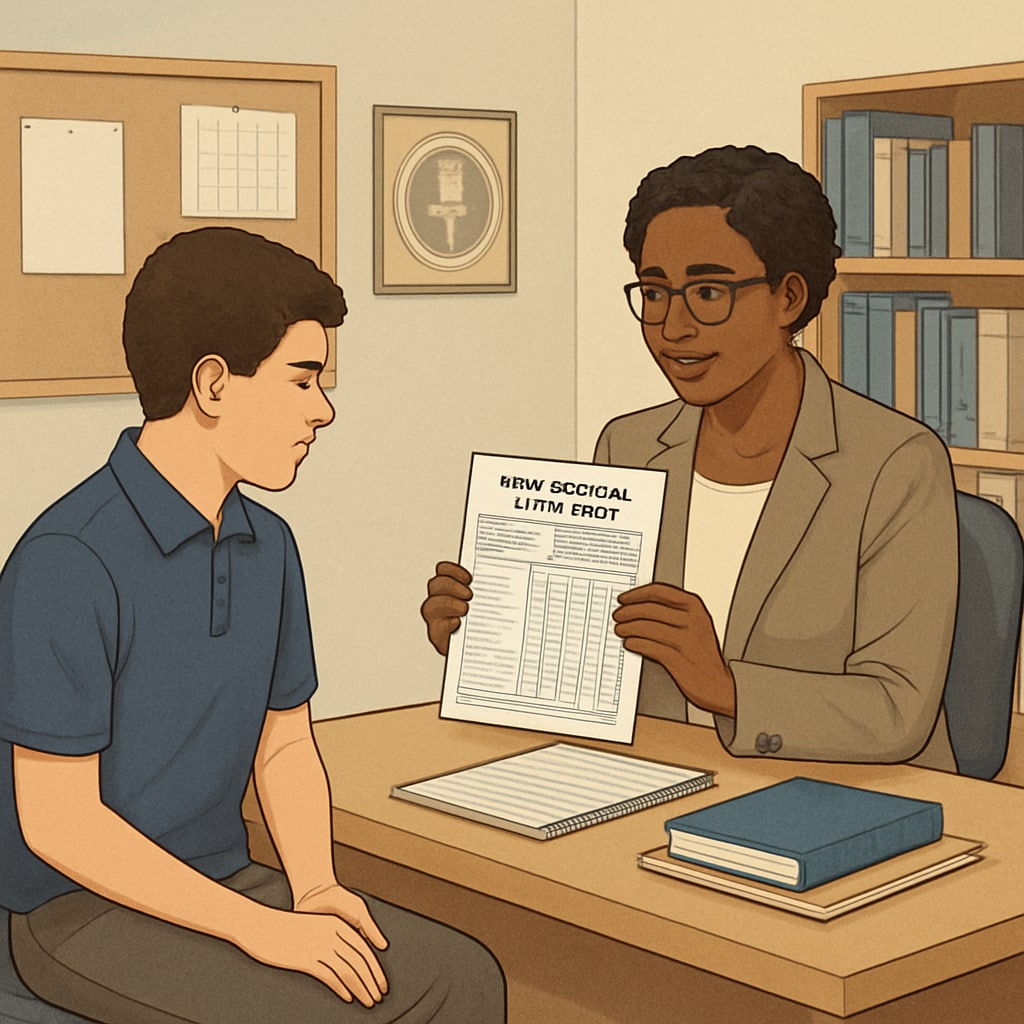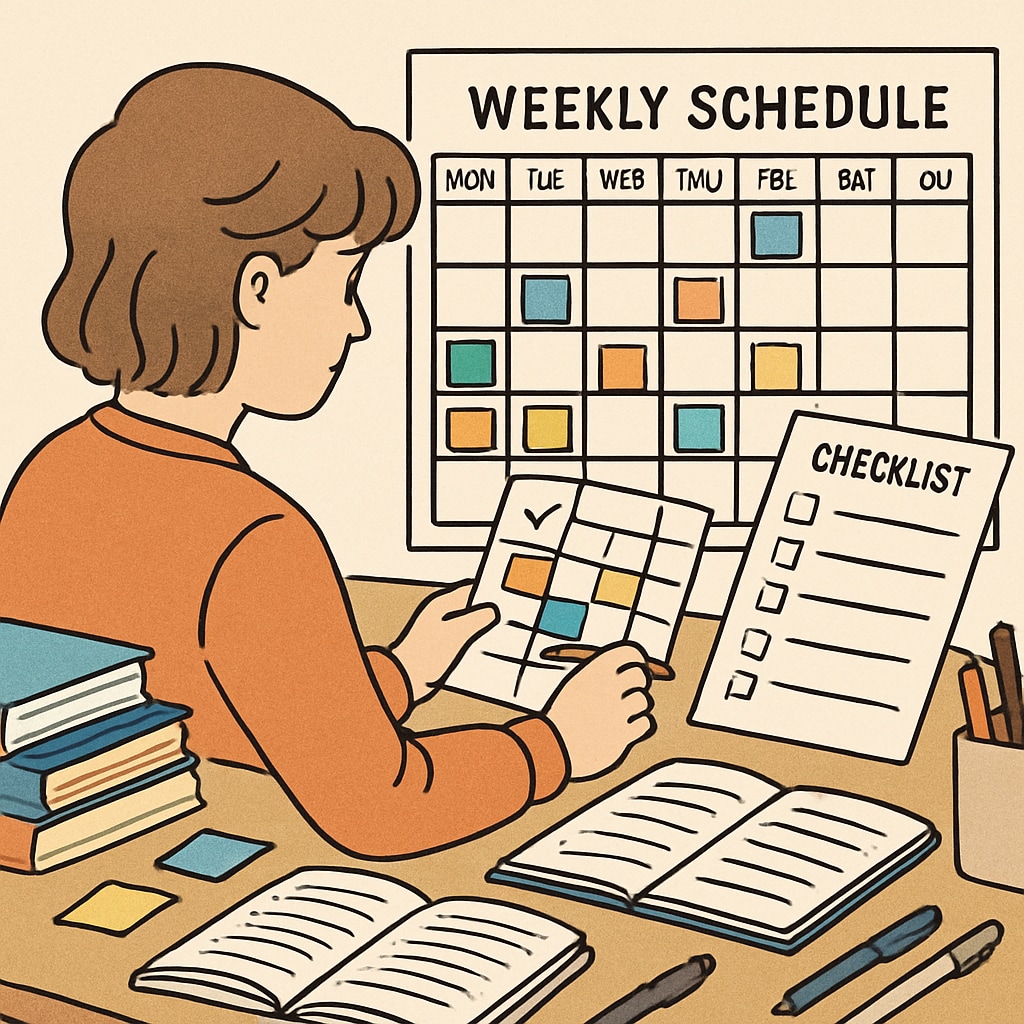Struggling with a high school credit deficit can feel overwhelming, especially when time is running out before graduation. However, with the right mindset and a clear plan, it’s possible to catch up on missing credits and stay on track to graduate on time. This guide will walk you through practical steps to recover your credits efficiently and make the most of the remaining time in high school.
Identify the Extent of Your Credit Deficit
Before you can create a plan to catch up, you need to understand how far behind you are. Meet with your school counselor or academic advisor to review your transcript and graduation requirements. Ask these key questions:
- How many credits am I missing to graduate?
- Which specific subjects or courses are incomplete?
- What deadlines do I need to meet to earn these credits in time?
Knowing the exact number of credits and courses required allows you to prioritize and develop a focused strategy. Additionally, be aware of your school’s policies on credit recovery, summer school, or online courses.

Explore Credit Recovery Options
Many schools offer credit recovery programs designed to help students make up for lost time. These programs are often flexible and tailored to your situation. Below are some common options:
- Summer School: Enroll in summer classes to earn credits quickly. These are often shorter than regular semester courses.
- Online Courses: Platforms like Edgenuity or Khan Academy provide accredited courses that you can complete at your own pace.
- After-School Programs: Some schools offer extra classes after regular hours, focusing on core subjects.
- Dual Enrollment: Depending on your eligibility, you may take college courses to earn high school and college credits simultaneously.
Discuss these options with your counselor to determine which fits best with your schedule and learning style. For additional resources, check out Edutopia for innovative learning strategies.
Time Management and Prioritization
When dealing with a significant credit deficit, time management becomes critical. Use these strategies to stay organized:
- Create a Weekly Schedule: Dedicate specific hours each day to focus on completing assignments or studying.
- Set Short-Term Goals: Break down the required credits into manageable milestones, such as completing one course per month.
- Minimize Distractions: Study in a quiet environment and use tools like website blockers to stay focused.
Balancing school, work, and personal life can be challenging, but a structured schedule will help ensure you meet your goals. For tips on effective time management, explore MindTools.

Stay Motivated and Seek Support
Catching up on high school credits can be stressful, but maintaining a positive mindset is essential. Here are ways to stay motivated:
- Celebrate Small Wins: Each completed course or credit earned is a step closer to graduation. Treat yourself for reaching milestones.
- Build a Support Network: Lean on family, friends, and teachers for encouragement. Don’t hesitate to ask for help when you need it.
- Visualize Your Goals: Keep a reminder of your graduation date or future aspirations to stay focused.
Remember, you’re not alone in this journey. Many students face similar challenges and successfully overcome them with determination and support.
Final Thoughts
Overcoming a high school credit deficit requires a combination of self-discipline, resourcefulness, and support from others. By understanding your credit needs, exploring recovery options, managing your time effectively, and staying motivated, you can close the gap and achieve your goal of graduating on time. Start today, and take the first step toward a brighter future.
Readability guidance: Use short paragraphs and clear lists to summarize key points. Distribute transitional words like “however,” “in addition,” and “as a result” to improve flow. Keep passive voice and long sentences to a minimum.


